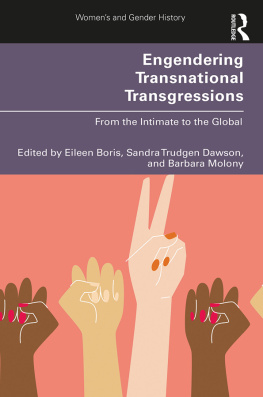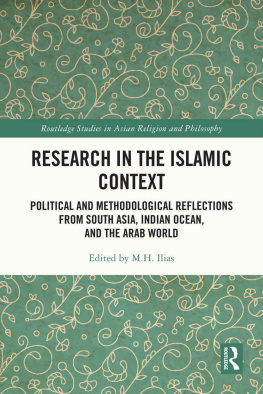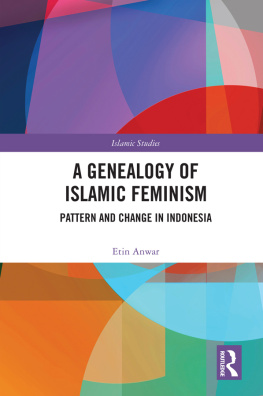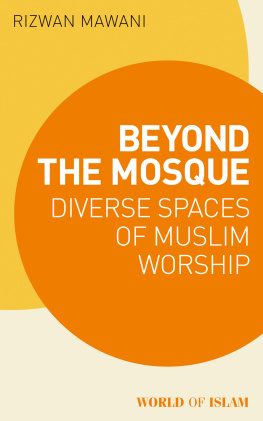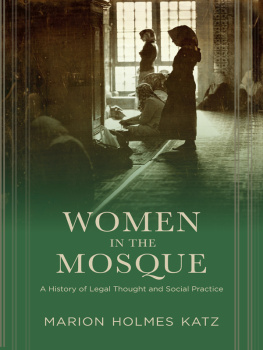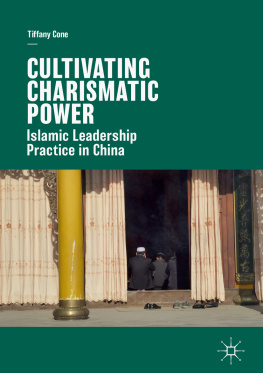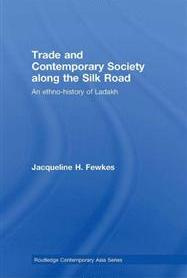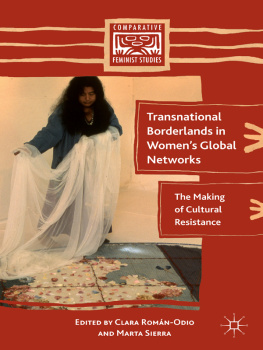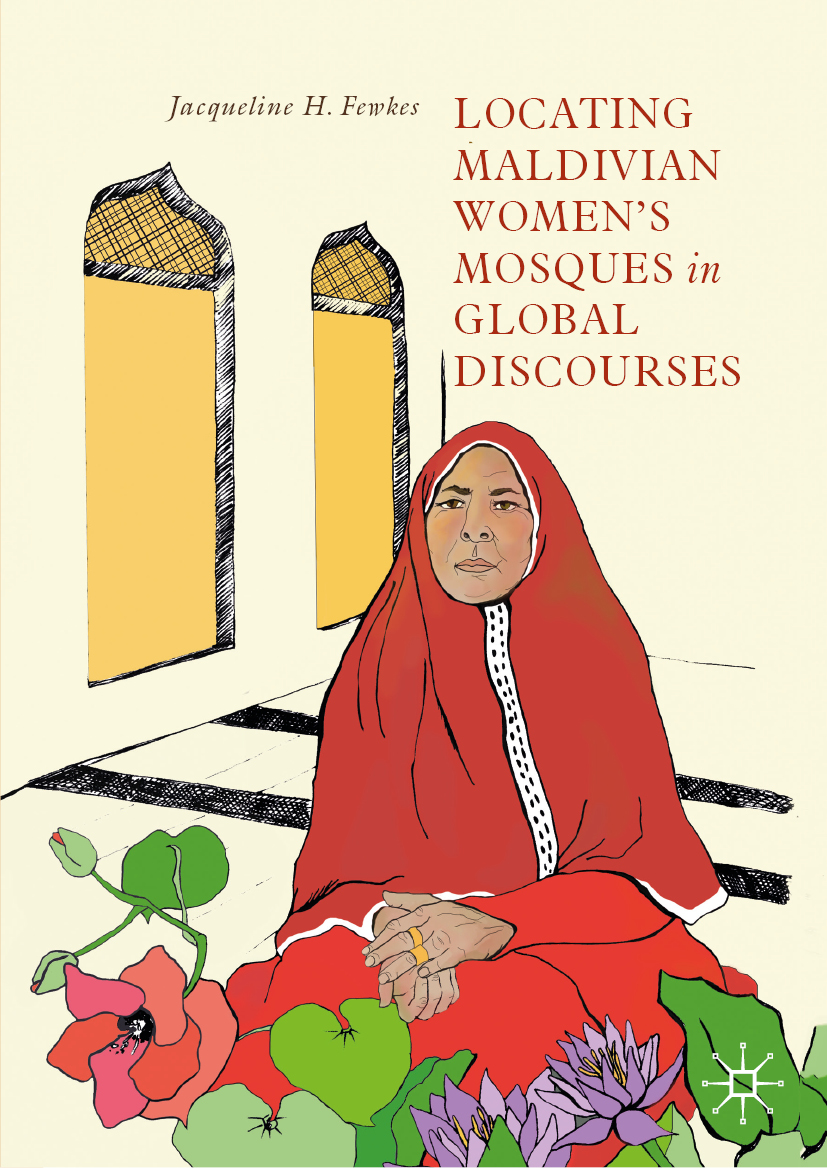Jacqueline H. Fewkes
Honors College, Florida Atlantic University, Jupiter, FL, USA
ISBN 978-3-030-13584-3 e-ISBN 978-3-030-13585-0
https://doi.org/10.1007/978-3-030-13585-0
Library of Congress Control Number: 2019932962
The Editor(s) (if applicable) and The Author(s), under exclusive license to Springer Nature Switzerland AG 2019
This work is subject to copyright. All rights are solely and exclusively licensed by the Publisher, whether the whole or part of the material is concerned, specifically the rights of translation, reprinting, reuse of illustrations, recitation, broadcasting, reproduction on microfilms or in any other physical way, and transmission or information storage and retrieval, electronic adaptation, computer software, or by similar or dissimilar methodology now known or hereafter developed.
The use of general descriptive names, registered names, trademarks, service marks, etc. in this publication does not imply, even in the absence of a specific statement, that such names are exempt from the relevant protective laws and regulations and therefore free for general use.
The publisher, the authors and the editors are safe to assume that the advice and information in this book are believed to be true and accurate at the date of publication. Neither the publisher nor the authors or the editors give a warranty, express or implied, with respect to the material contained herein or for any errors or omissions that may have been made. The publisher remains neutral with regard to jurisdictional claims in published maps and institutional affiliations.
Cover art by Lisa Volta
This Palgrave Macmillan imprint is published by the registered company Springer Nature Switzerland AG
The registered company address is: Gewerbestrasse 11, 6330 Cham, Switzerland
Preface
This book is an extension of my previous work on Muslim womens scholarly and leadership roles in Asian Muslim communities. My interest in the Maldives specifically began when a colleague mentioned visiting there. His casual statement of appreciation for the place prompted my perusal of sources on the Maldives to learn more about the region. My research interest was piqued upon finding a newspaper article about a crime on one island in the Maldives. The crime itself I have forgotten now, but what caught my attention was a section where the journalist interviewed the imam of the womens mosque for an opinion on the social impact of that crime. I was surprised, as I had recently read a book about womens mosques in China and had been led to believe that they did not exist in other parts of the world. A few weeks later and after a great deal more research, I was intrigued to learn more about the hundreds of womens mosques that existed there and was poised to visit the Maldives to investigate. I have met colleagues who are surprised or puzzled by this etiology of my research in the Maldives, and one who challenged, what makes the Maldives the ideal place to study womens mosques?
At first, I found such questions oddwhy does it have to be the ideal place to study womens mosques at all? We are anthropologists and surely have become accustomed to works where the questions, as well as the answers, arise from the cultural settings themselves. This, after all, is what the inductive research approach allows us to do so well; it is what enables anthropologists to ask questions that really matter within the communities within which they are studying and helps us in the dance to straddle between emic/etic perspectives in our work.
Yet questions about the applicability or representativeness of the Maldives are validI do not consider the Maldives to be a testing ground, representative of anything more than the Maldives itself, and yet I am using the region as a starting point to discuss much larger issues associated with womens mosques, issues that have global significance. Indeed, I will argue that it is necessary to negotiate between the local, the specific, meanings and those associated with the global, or general. The exact relationship between my work in the Maldives and my thoughts on the relationship between the Maldives case study and the larger questions associated with womens mosques is therefore relevant. The etiological significance of my initial introduction to the Maldives is the surprise I experienced when finding out about womens mosques in the region. It is a surprise and curiosity that I have seen mirrored in many works, both scholarly and popular, and one that bears further examination. What expectations about women, prayer, and sacred spaces in Islam are housed in these moments?
Many people are surprised to find out about womens mosques as they have never heard of them before; books about mosques and womens roles in Islam rarely mention these spaces. We could ascribe this omission to biases, products of common uninformed notions about the role of Islam in social relations that circulate in popular discussions. Certainly, this is the case in some authors work, particularly popular journalistic works. For example, the author of the magazine article titled Getting Ready for the Worlds First Womens Mosque who claims the first womens jamaat in the world may well lead to the first womens mosque in history (Anand, 2004) is so focused on the image of a womens mosque as a form of protest for gender equality that he leaves little room coverage of the actual history of mosques in Muslim communities. Similarly, the author of First Mosque for Women in Kabul: God Isnt Only There for Men claims a contemporary building as the first official mosque for women as part of a narrative about social progress, as she/he claims women in Islamic countries have become more self-assertive in more recent years, thus allowing them to claim their own spaces (Shamel, 2006). In these cases, the authors bring to their writing preconceived notions about unequal gendered spatial dimensions in Muslim communities and therefore have not felt the need to investigate whether their perceptions of Muslim spaces conform to reality, ignoring the womens mosques that have existed for centuries in various communities.
But similar errors occur in academic works as well, by authors who contest that the womens mosques that they have found are unique to the cultural area in which they work or anomalous as Islamic spaces. Holding academic researchers to alternate standards from those of popular media writers, these errors are products of something more than casual biases. They may indicate the Orientalism of the Muslim Other that produces, as Edward Said has written, knowledge that no longer requires application to reality and gets passed on silently, without comment, from one text to another (Said, 1979, p. 1). This deeply ingrained Orientalism fundamentally shapes scholarship as certain ideas are thought to be so basic, so much a part of common knowledge, that the ways in which they are propagated and disseminated anonymously, [] repeated without attribution have allowed scholars to think of them as unalterable facts (Said, 1979, p. 1).
The construction sites of this common knowledge do not exist only in academic works; as I will explore in this book knowledge about Muslim spaces are produced by discourses and uses of community spaces, both in the imagined local and global Muslim communities. By using the term imagined here, I mean to reference Benedict Anderson s sense of the term, as having shared identities and interests (Anderson, 1983). As I will explain in more detail in this book, the phenomenon of the missing womens mosques may be thought of as an epistemic one that originates from a divide between ways of knowing spaces associated with local and global Muslim communities. This divide, however, is not absolute and highly problematic.



